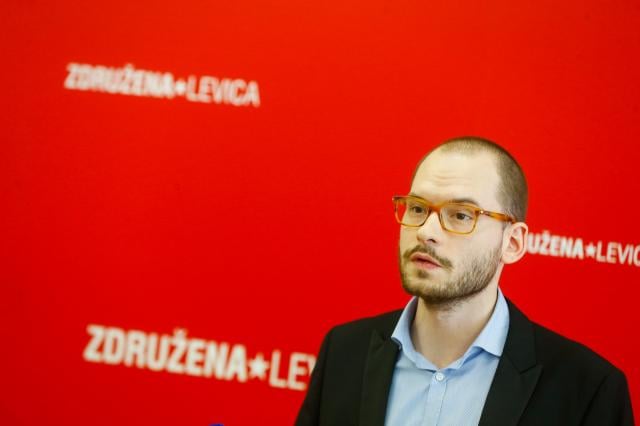The current government is very aware of the fact that the people of the former republics of the communist federation are loyal voters of the left and that any left-wing government depends on them at least as much as the US Democrats depend on the black and Latino vote. That is why they regularly signal to such voters that they are “theirs”. This time, they have tabled a bill on the exercise of the cultural rights of the members of the national communities of the Socialist Federal Republic of Yugoslavia. In reality, it is a tacit recognition of immigrants from the former communist republics as indigenous people.
Among other things, the bill also provides that the Ministry of Culture will be responsible for the implementation of the cultural projects of the aforementioned national communities, that is to say, that the Ministry of the Republic of Slovenia will be given special powers exclusively for the promotion of the culture of the immigrant peoples – not the minorities, where it already has powers for cultural promotion. The proposal also foresees that the Government Council for National Communities of the Former SFRY will be given the status of a permanent governmental consultative body. The 12-member Council will be chaired by the Minister of Culture, and the Vice-Chairman will be elected by the members – representatives of the national communities.
The government will set up the Council within nine months of the law’s entry into force and will appoint representatives from other ministries in addition to the Minister of Culture. The remaining six representatives of the national communities of the former SFRY will be appointed by the representative organisations of each national community, each with one representative and a deputy. Their term of office will be five years, with the possibility of reappointment.
The Left party (Levica) wants the new governmental consultative body to be created by reconstituting the current Council, following the analogy of the creation of two other governmental consultative bodies – the Government Council for Slovenians around the World and the Government Council for Slovenian Minorities Abroad. So, in a sense, they are trying to make it seem as if the inhabitants of the SFRY are indigenous to Slovenia.
The bill, which has been signed by all coalition MPs, was first signed by the Left party MP Matej T. Vatovec and the Freedom Party (Gibanje Svoboda) MP Sandra Gazinkovski. The government claims that it is striving for the realisation of those cultural rights “which will finally enable the members of the national communities of the former SFRY to preserve their national, linguistic and cultural characteristics in permanent dialogue with the state.”
These are economic migrants, not indigenous minorities
In reality, the government is granting the immigrant peoples (with whom we have nothing in common but two autocracies and a related South Slavic language) the same rights as the indigenous peoples on Slovenian territory (the Italian and German national communities). There is actually one other genuine indigenous national community that exists in Slovenia, however, it does not have such rights – the community of the Kočevje Germans. Meanwhile, the peoples of the former SFRY are exclusively economic and military migrants who came to Slovenia partly as a result of the communists’ plan to slowly “melt” the Slavic peoples in the Balkans, partly after independence, when the inhabitants of Serbia, Bosnia, Macedonia, Croatia, Albania and Montenegro wanted to escape the defeated economic and social situation in their countries. These are therefore exclusively people who settled in Slovenia as migrants. They are not a national minority who have always lived on the territory of the Republic of Slovenia and then, due to historical accidents, were trapped in another country. The national communities of the SFRY are not like that. They are exclusively migrants who have settled here and, in that sense, have no rights other than those of, for example, Indians, Afghans, Pakistanis or Japanese. In Slovenia, for example, there is quite a strong representation of people of German origin, but they have no special rights to “preserve their national, linguistic and cultural characteristics.”
In a sense, the government is therefore setting a precedent by granting de facto indigenous national minority status to purely migrant groups. In doing so, it opens the door to the possibility that, in 20 years’ time, Palestinian, Syrian or Moroccan migrants will also be granted this status.
It will be interesting to see how the Kočevje German community, which has been meeting with the Ministry of Culture for three decades in the hope of obtaining minority status, will react to this development.
I. K.


